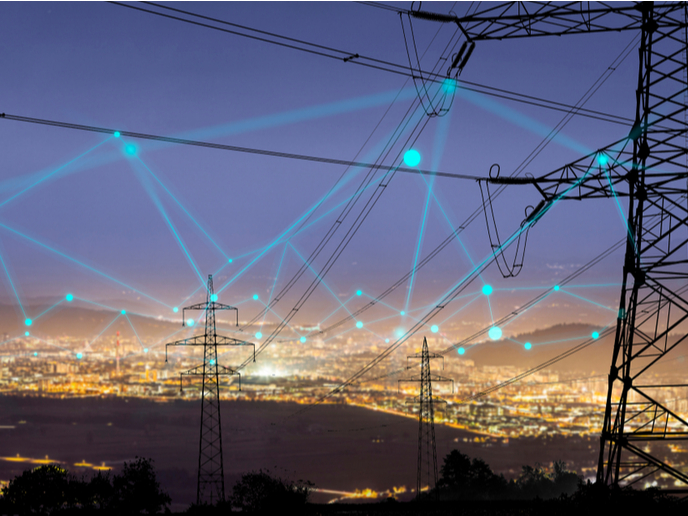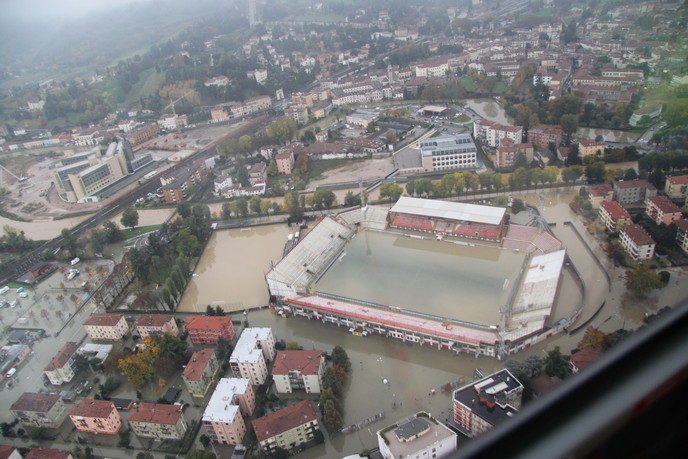Open access to the power grid shapes a more sustainable energy future
The energy landscape is changing rapidly. Centralised energy supply, which involves large-scale electricity generation at big, central power plants and unidirectional power flows, is grinding against the rise of smarter, cleaner technologies that offer new options to generate and manage energy locally. Renewable energies will become more mainstream parts of the electricity mix, and thus electricity generation will be more variable and decentralised, and less predictable.
Dissolving barriers to greater participation in the energy market
This new paradigm of electricity generation requires greater flexibility to match electricity supply and demand and ensure that the power system works safely and efficiently. Electricity carriers, distributors and consumers are called on to collaborate in defining their new roles in an environment where electricity no longer flows in one direction but bidirectionally. Digital technologies should also help reap the anticipated benefits stemming from smart grids as they guarantee appropriate levels of efficiency and interoperability, for example the ability of smart grid actors, components and applications to work together by exchanging data. The EU-funded CoordiNet project aims to demonstrate how greater coordination between transmission system operators (TSOs) and the distributors, or DSOs, could help activate new grid services and create favourable conditions for all grid actors. TSOs are responsible for balancing electricity supply and demand between power stations and consumers and for managing transport grids (high voltage), while DSOs manage medium- and low-voltage grids. It also intends to break down the barriers that hinder participation in the energy market of customers and small market players connected to distribution networks. “Our purpose is to establish different collaboration schemes between power system operators and consumers to contribute to the development of a smart, secure and more resilient energy system,” notes project coordinator Marco Baron. The project is providing technical, regulatory and market solutions for system services securely and efficiently by using resources connected at different levels of the electricity grid. “Effective involvement of key stakeholders is crucial to making the necessary changes in the current electricity systems.”
Pilot demonstrations
Power system operators and consumers have participated in three large-scale demonstration projects across 10 different locations in Greece, Spain and Sweden. The consortium defined standardised products that allow exchange of flexible services in the electricity system and the requirements that a unified European energy platform should meet. “By testing a set of standardised products, CoordiNet should help determine mechanisms for providing the needed grid services at a distribution and a transmission level. These services include the reserve, activation and settlement processes,” explains Baron. The project also explores game-changing technologies such as the Internet of things, AI, big data, peer-to-peer energy trading platforms and blockchain to facilitate market participation of small-scale energy prosumers. The solutions tested in CoordiNet will pave the way for the interoperable development of a pan-European market that should allow all market participants to provide energy services and will open up new revenue streams for consumers providing grid services. “Overall, we are developing cost-efficient models for electricity system services that can be scaled up to include networks operated by other transmission and distribution system operators and that will be replicable across the EU energy system. These should lay the foundations for new network codes, particularly on electricity balancing,” Baron concludes.
Keywords
CoordiNet, consumers, transmission, distribution, power system operators, unified European electricity market platform, flexible services, network codes







